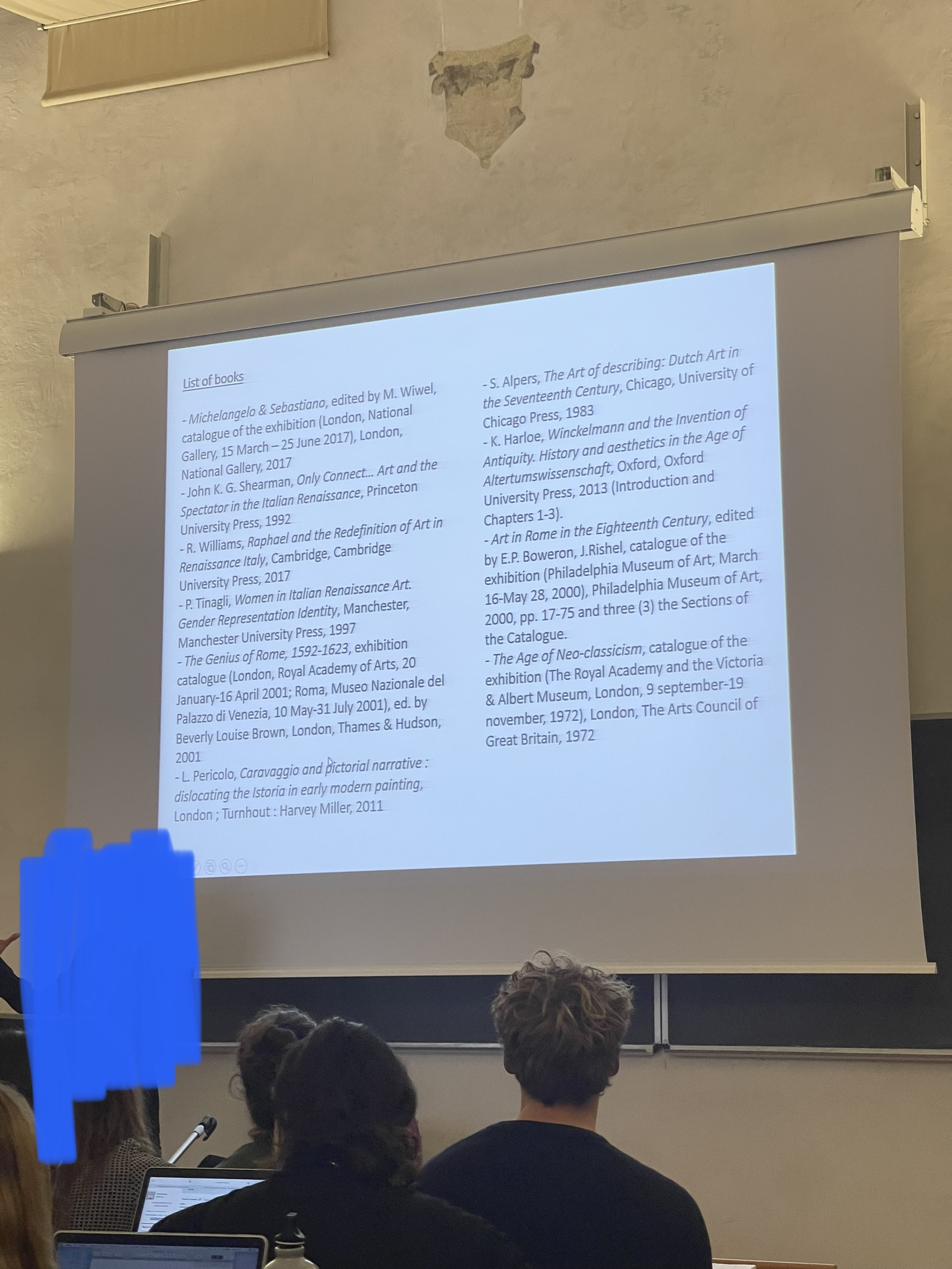Studying abroad in a different country offers students the opportunity to explore and experience new cultures, languages, customs, and educational systems. This type of learning environment can benefit those looking to expand their education beyond what is offered in their home country. Studying abroad provides an invaluable cultural exchange and allows students to develop skills such as independence, problem-solving abilities, communication skills, and more that will help them succeed after graduation.
Living in another culture gives people a unique perspective on life that they may not have had at home or while attending school domestically. Students gain insight into how other countries approach education differently than their own by being exposed to new methods of teaching as well as different types of coursework that may not be available back at home universities or colleges. Additionally, the ability for one’s language proficiency can increase drastically when immersed in a foreign language-speaking environment where there are no native speakers around you all day long!
Speaking of studying abroad in Bologna, I was surprised and struggled to approach course selections, class engagement, and assessment criteria. There may be some differences between me and others because I’m also studying at an art institution that has a slightly different teaching method. Choosing a course is relatively flexible at the University of Bologna (UNIBO) compared to the competition for trying to get into a class at the universities in California. At Unibo, students are not required to enroll in any courses at the beginning but are encouraged to attend many classes beforehand to make their final decisions. This process can take around 1 to 2 weeks. Then they make a list of their study plan, and finally enroll in the class they will stick to until the end of the semester. Heads-up, although you are guaranteed to get into a class, you are not guaranteed a seat in the class depending on the number of students enroll and the size of the classrooms. On the other hand, the variety of courses is limited based on the majors of the students because students are not encouraged to take courses that are not relevant to their majors. Unlike this limitation to preventing students from finding and developing their broader interests in studying, universities in California allow you to fill your study plan with different subjects under other colleges or departments to cultivate an interdisciplinary studying mindset to develop a more well-rounded interest. Another culture shock for me is the process of an assessment of the class. At Unibo, the most common exam is an oral exam, in which you either have a private discussion with the professor about what you have learned from the class and class materials of the semester, or you go up to answer the questions in a class full of students with a professor. In general, you will get a score of up to 30 points right away after the exam. Students are allowed to take exams multiple tries on different dates of the year so if you are not satisfied with your score, you can refuse to take it after the exam, and go home to prepare for another time to take the exam. The preparation for the exam usually includes the slides and notes of the class and assigned books for the class. Lastly, independent study is highly shown in the attendance policy. For some reason, if your participation in the class is not up to 70% of the class, you will be asked to read an extra book or write a different essay to make up the part you miss in class. Interestingly, because attendance is less demanding, most of the students I know are prone to study by themselves in a more comforting space.

